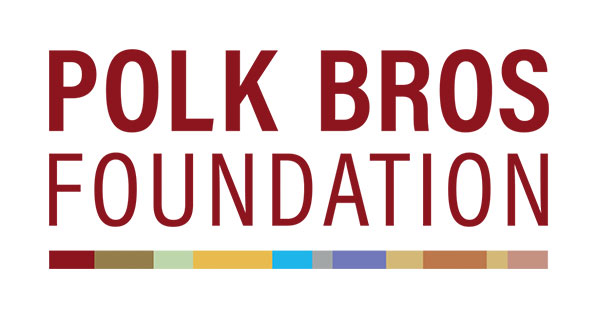Chicago’s Cultural Treasures launched in December 2020 announcing several bold goals.
We vowed to achieve greater equity in funding art by supporting organizations that reflect the diversity of American culture. As a collaboration between the Ford Foundation, several local philanthropies, and IFF, we will do so by funding organizations whose mission is to facilitate the creation, preservation, and dissemination of art stemming from the traditions, leadership, and cultures of people of color.
We pledged to operate in a different manner, co-creating the initiative with arts and culture organizations and providing multi-year general operating support. We recognize that arts organizations—especially those that celebrate and preserve cultural traditions and those that are led by people of color—are facing unprecedented challenges caused by the COVID-19 pandemic. Yet, many have been underfunded for decades, facing financial struggles long before the pandemic.
We designed an initial process that will inform all that follows, inviting organizations to submit a letter of inquiry (LOI) that described their strengths and assets, as well as their current challenges. We received 148 submissions by the January 2021 deadline.
Fulfilling a commitment to openness and transparency, we are sharing with you what we learned from those submissions – and how we will develop the next phase of the initiative.
The National Museum of Mexican Art is 1 of the 20 organizations across the country designated by the Ford Foundation as an American Cultural Treasure — “a significant national anchor for artistic and cultural diversity in America.” The museum is the only Chicago-based organization to receive such a designation, which comes with significant general operating support.
Chicago’s Cultural Treasures is building on this initiative with grant funding and programming for Chicago-based BIPOC arts and cultural organizations. Here’s what Carlos Tortolero, the founder and president of the museum, has to say about how the grant is making a difference for his organization and why other BIPOC-identified arts leaders should consider applying to the initiative.





